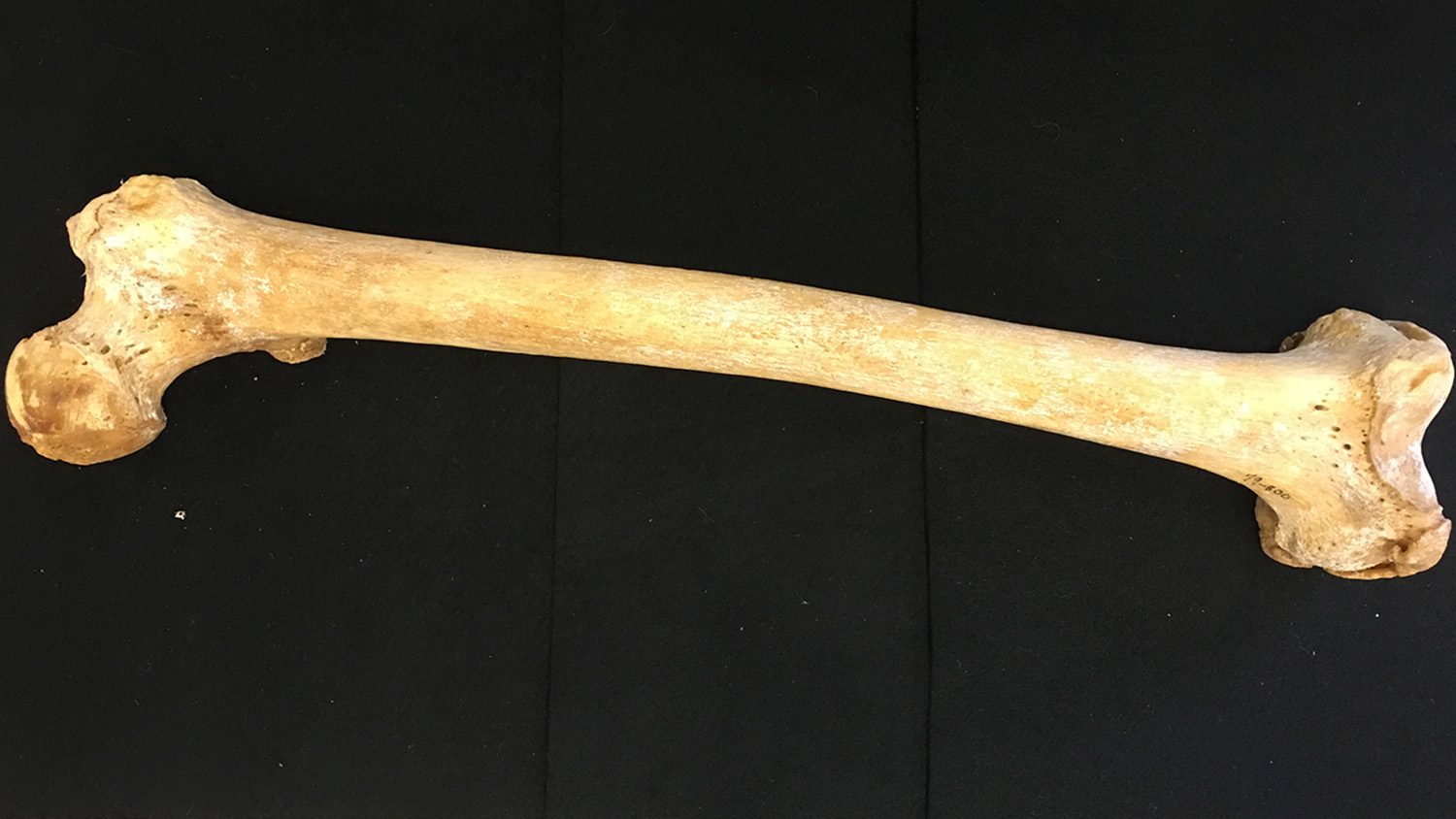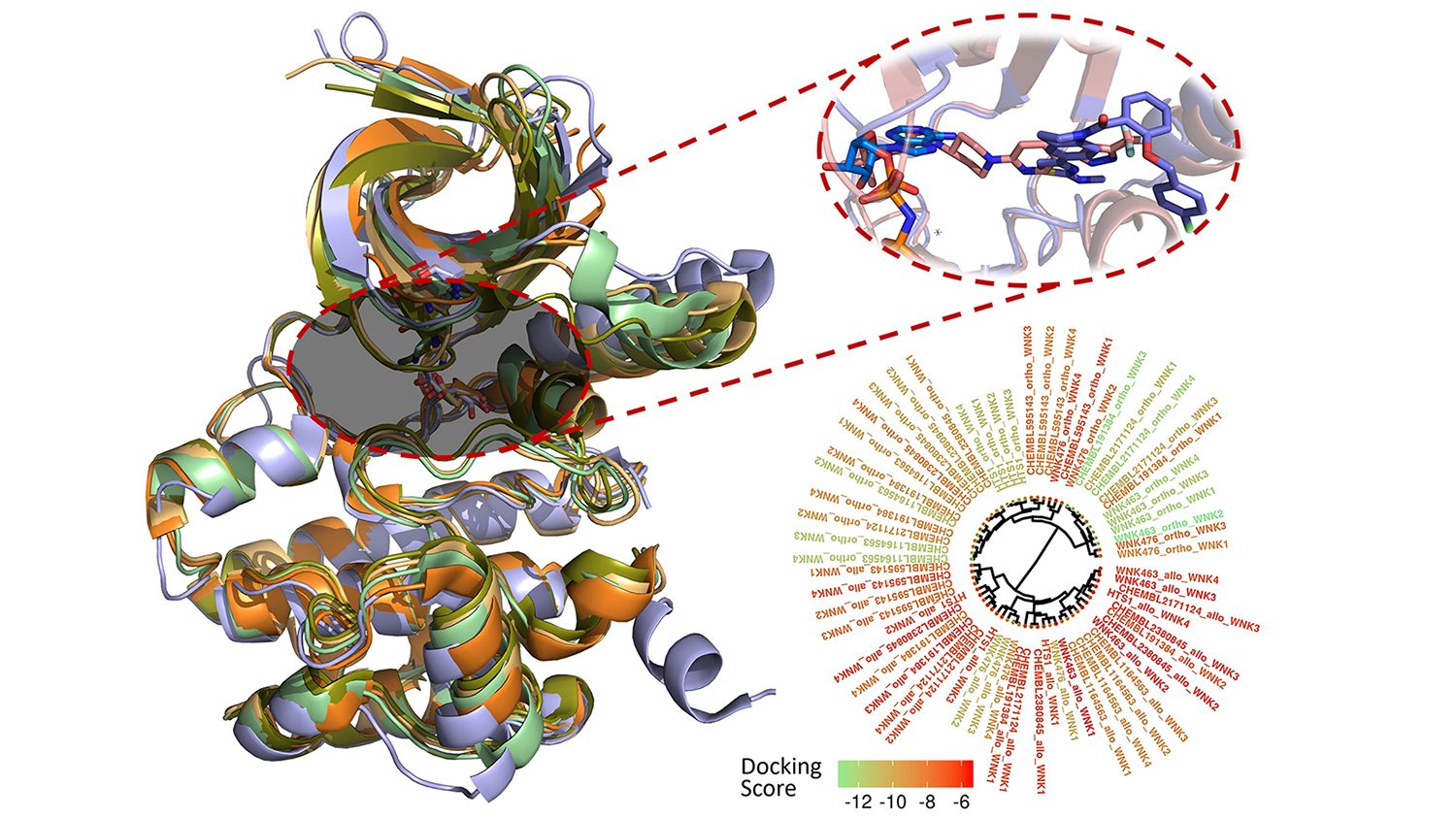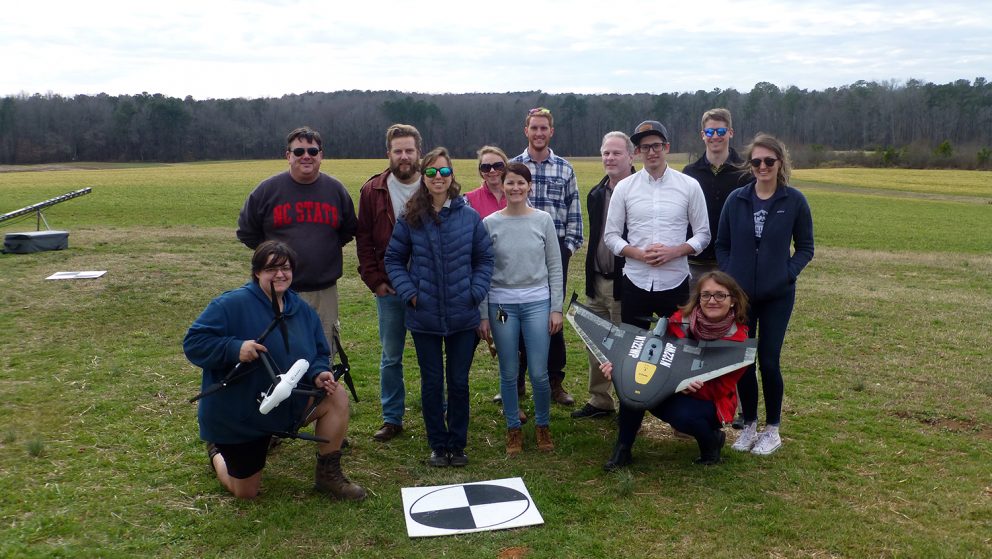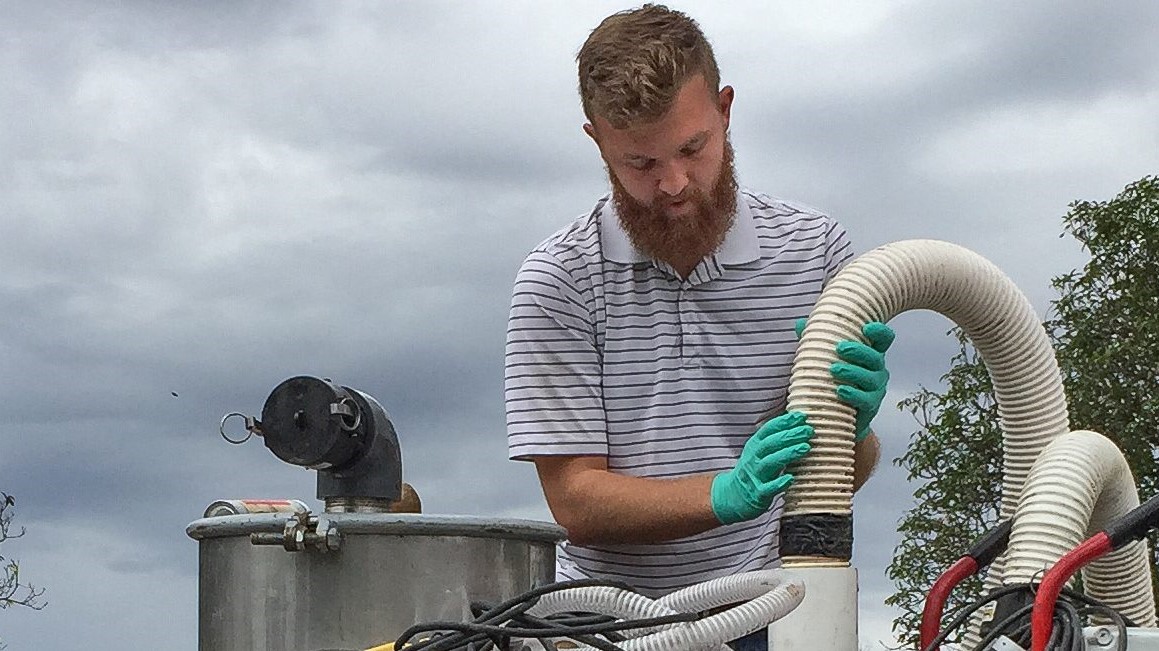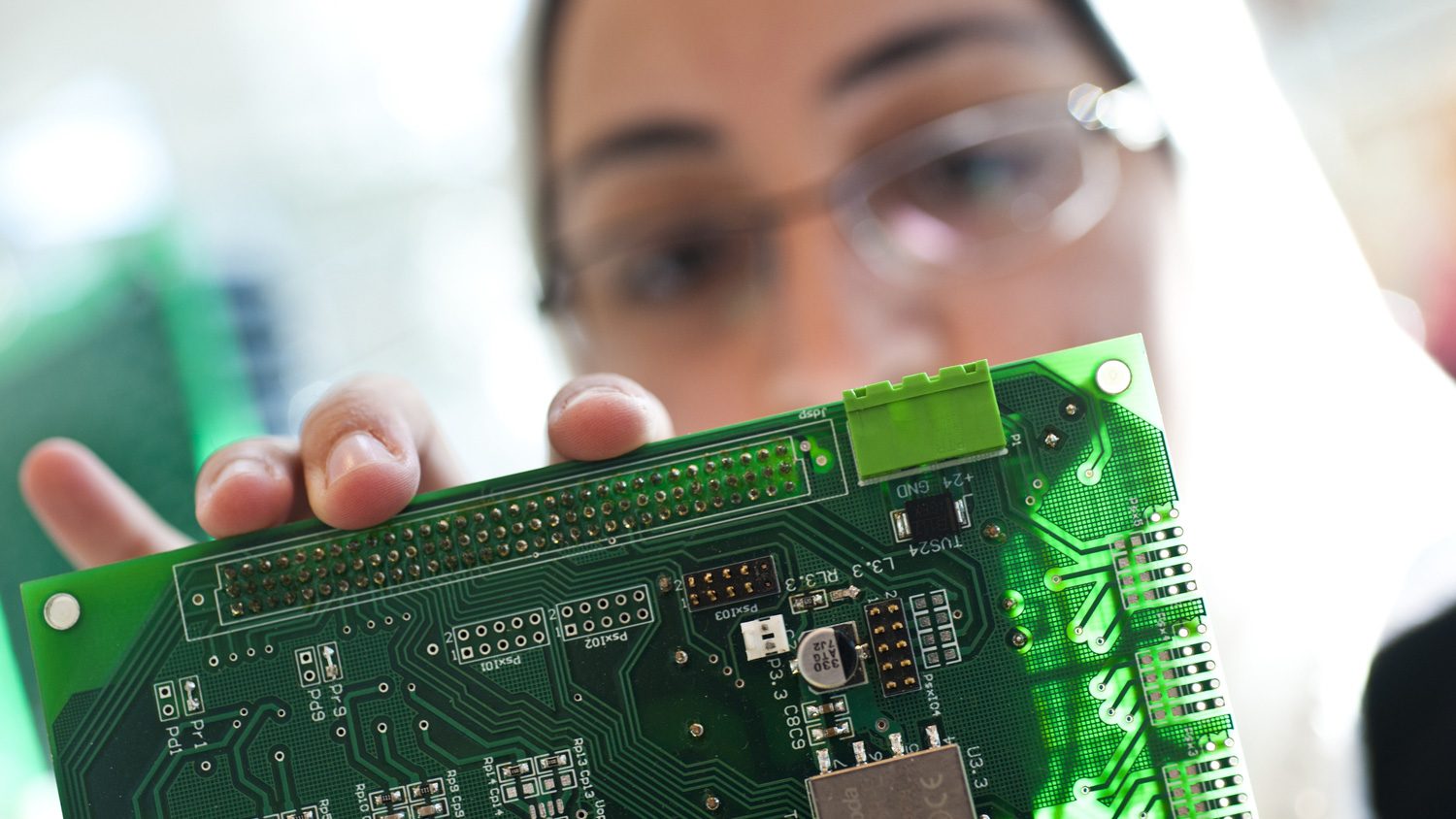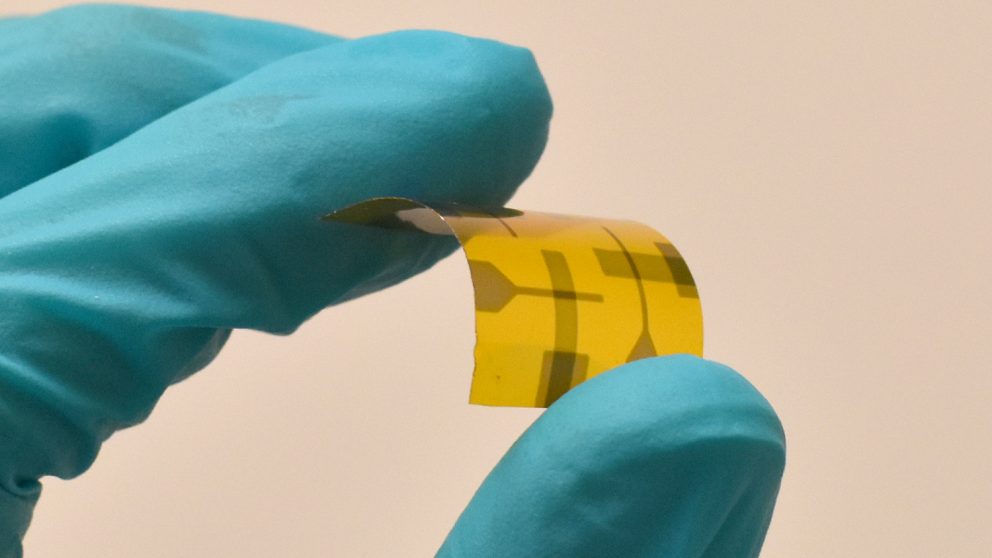Research and Innovation
Forensic Researchers Find Femur Offers Insight Into Age of Deceased
Forensic researchers have found a more accurate way to assess an individual’s age at death, based on the bone mineral density of the femur.
Computer Modeling of WNK Kinase Inhibitors Could Give Researchers New Tools for Understanding Hypertension
Computer Modeling of WNK Kinase Inhibitors Could Give Researchers New Tools for Understanding Hypertension
Making Advancements in Microbiome Analysis
Researchers have been slow to embrace new tools which now make it possible to analyze microbiomes using exact DNA sequences without being overwhelmed by errors. Benjamin Callahan, associate professor Department of Population Health and Pathobiology and member of the Microbiomes and Complex Microbial Communities cluster, explains how this resistance is holding science back in an article for The ISME Journal: Multidisciplinary Journal of Microbial Ecology.
For Drone Research and Training at NC State, the Sky’s the Limit
Looking for opportunities to expand your expertise in Unmanned Aerial Systems? Find what your searching for with the Center for Geospatial Analytics’ graduate courses, workshops, and UAS research programs.
Venus Flytraps Don’t Eat The Insects That Pollinate Them
Researchers discover which insects pollinate Venus flytraps – and learn that flytraps don’t dine on them.
Global WaSH Researcher Receives Gates Foundation Grant
Pit latrines remain a health hazard in many parts of the world, but an NC State research aims to make cleaning them safer. Global WaSH xluster lead Dr. Francis de los Reyes received $1.2 million from the Bill and Melinda Gates Foundation to improve and test the market for a novel pit latrine emptying device, the Flexcrevator.
Fish type, body size can help predict nutrient recycling rates
NC State University associate professor Craig Layman and colleagues show that ecologists can better predict the rates of how chemical nutrients are transferred by fish if they know the various fish species living in an ecosystem, along with the body size of the fish.
Carbon Electronics and the Future of Technology
Over the past year, NC State has positioned itself to take the lead in the emerging field of carbon electronics, thanks in large part to NC State’s Department of Materials Science and Engineering’s (MSE’s) research expertise and facilities.
Researchers Make the First Flexible Memory Device Using Oxide Ferroelectric Material
For the first time, researchers have been able to deposit an ultra-thin oxide ferroelectric film onto a flexible polymer substrate. The research team used the flexible ferroelectric thin films to make non-volatile memory devices that are wearable and resilient.
Climate’s Effects on Flowers Critical for Bumble Bees
New NC State research shows that earlier and longer flowering seasons have detrimental effects on bumble bees.
